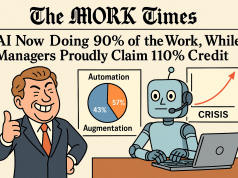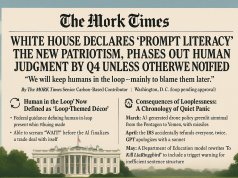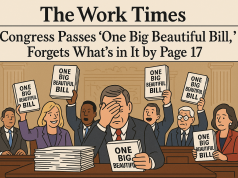In an age where one’s digital footprint can be as impactful as their professional achievements, the significance of personal branding has taken center stage, compelling us to ponder the destiny of the traditional resume. With a click or a swipe, the narrative of one’s professional journey is disseminated across the vast expanse of the internet, challenging the conventional boundaries of the job-seeking odyssey.
As we steer through the intricacies of the modern job market, a pivotal question arises: Have traditional resumes become artifacts of a bygone era, relics amidst LinkedIn profiles and digital portfolios? The answer, as with many elements of our fast-paced, technology-driven world, is nuanced.
Traditional resumes, with their systematic listing of professional experiences and educational backgrounds, have long been the cornerstone of job applications. They are lauded for their succinct, uniform nature, allowing hiring professionals to swiftly evaluate a candidate’s qualifications. Yet this brevity, once a virtue, may now gloss over the rich tapestry of a candidate’s personal brand.
LinkedIn, the professional networking titan, has transformed into a dynamic platform for exhibiting one’s career narrative. Here, endorsements, recommendations, and thought leadership pieces add depth to a profile, creating a multifaceted representation of professional prowess. Other professional networks follow suit, offering forums for engagement and exposure beyond the constraints of a single-page document.
The digital age has birthed a generation of job seekers who brandish creative resumes, video submissions, and comprehensive portfolios. These formats, breathing life into the written word, present a more holistic picture of candidates – their personalities, their creativity, and their fit within a company’s culture. Employers, seeking to attract innovative talent, are tuning their expectations to these new standards, recognizing the value in a well-crafted personal brand.
Yet, this evolution does not herald the demise of traditional resumes. Instead, it demands a renaissance of their purpose and content. The savvy job seeker now tailors their resume to integrate elements of their personal brand, ensuring the document serves as a gateway to their comprehensive digital presence.
The conversation on the future of professional self-presentation is in full swing, with employers and candidates alike exploring the boundaries of their expectations and offerings. As this dialogue continues, feedback from industry professionals and pioneers who have transcended traditional methods is invaluable. Such discourse propels us toward a job market that welcomes innovation while maintaining a foundation in the tried and true.
In conclusion, the question is not whether traditional resumes are obsolete, but how they can coexist and synergize with the growing emphasis on personal branding. The transformation is not a replacement but an expansion of the tools available to present one’s professional self. In the perpetual quest to match the right person with the right role, perhaps it is not a matter of selecting the traditional resume or the digital profile but rather, understanding how each can inform and enhance the other.
The Leaders Club invites you to join this conversation – are you holding onto the traditional format, or have you embraced the new realm of professional self-presentation? Share your experiences, your successes, and your insights as we navigate the evolving landscape of the workplace together.




























